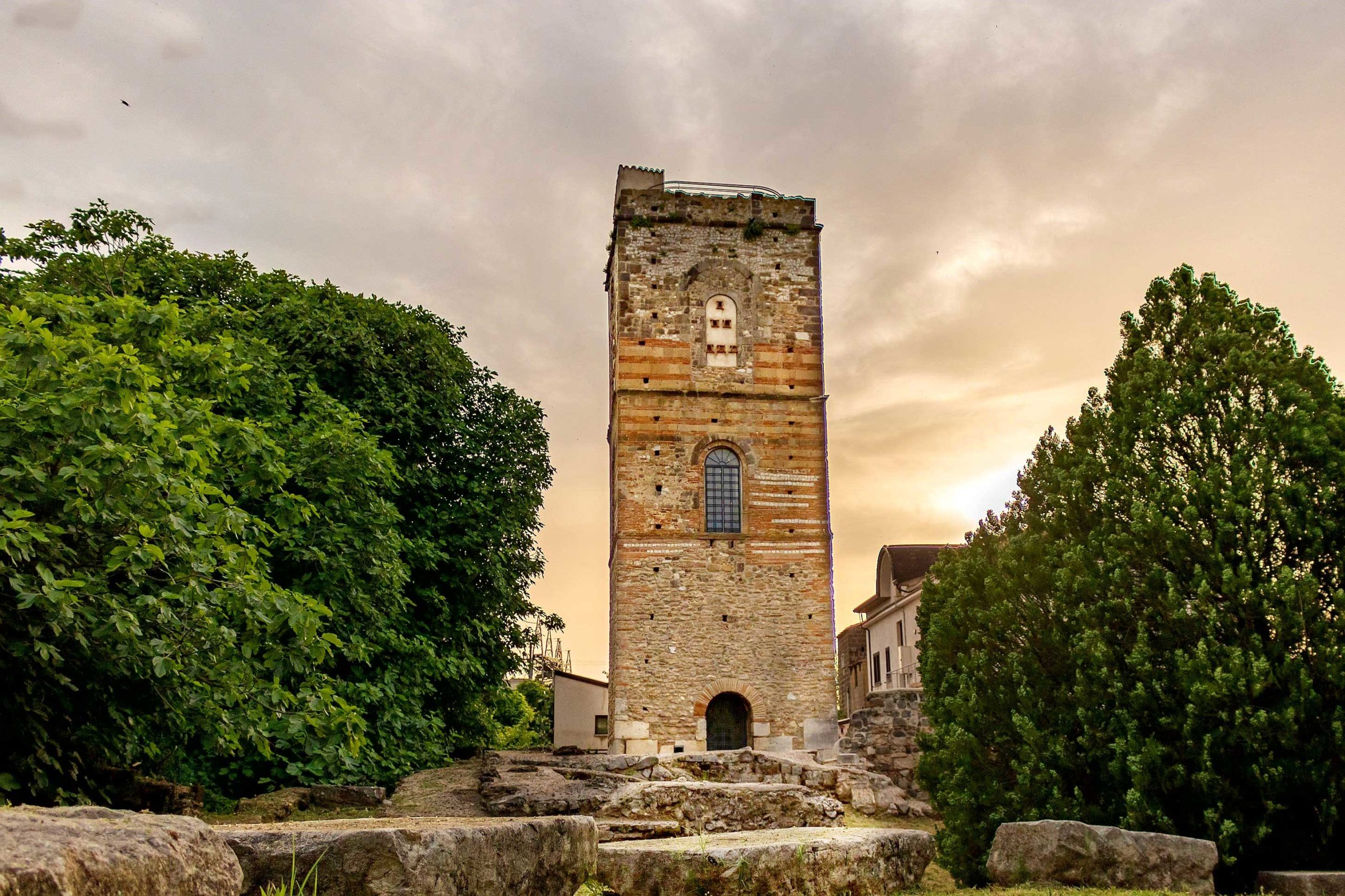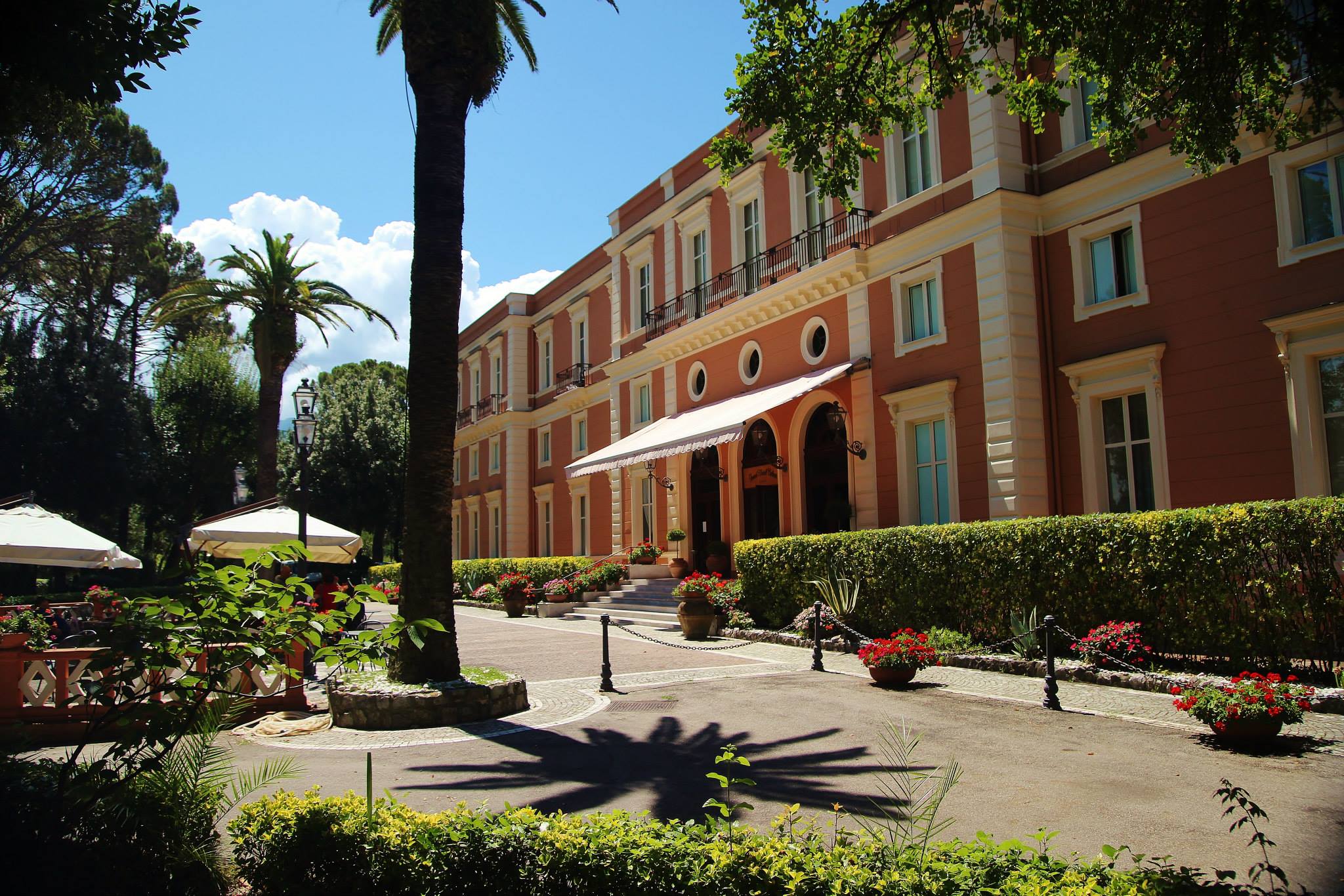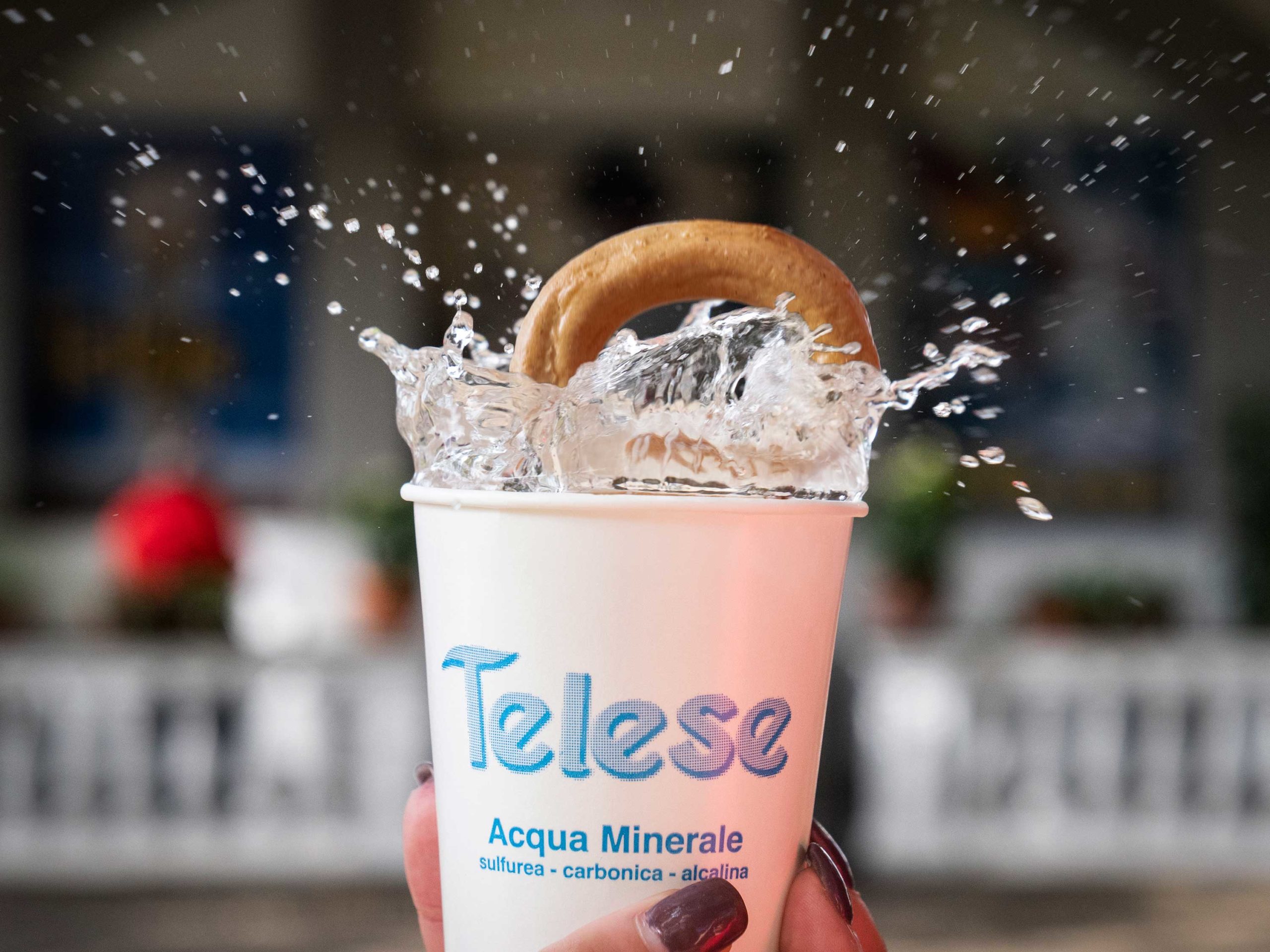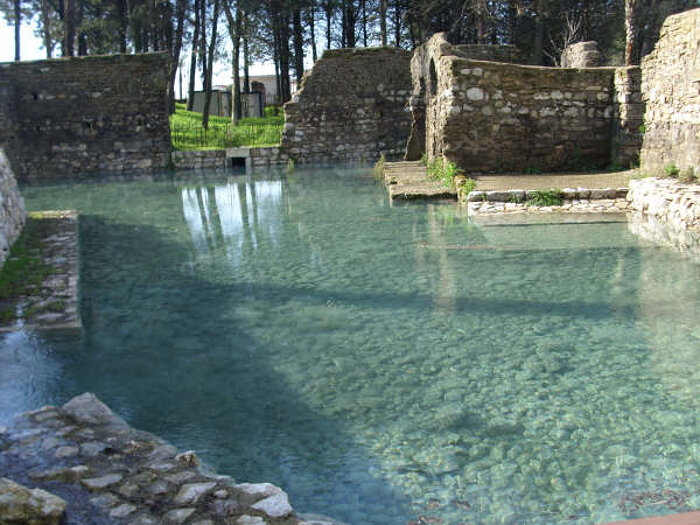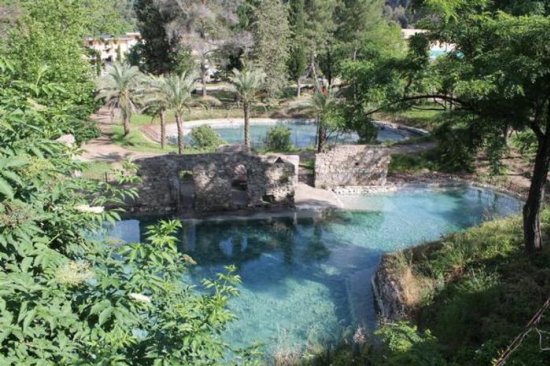The thermal waters of Telese emerged following a series of seismic events many centuries ago. Currently, they are popular for their therapeutic properties treating various ailments.
Beyond the healing waters, Telese Terme boasts cultural and historical sites, including thermal parks, lakes and remnants of the Ancient Roman Colony Telesia.
Over the years, Telese Terme has welcomed notable guests, including the Prince of Piedmont Vittorio Emanuele II of Savoy, cast members of “La bella mugnaia” like Mastroianni and Loren, as well as statesmen like Alcide De Gasperi. The city’s appeal has also attracted academics like the Nobel Prize winner Daniele Bovet and religious figures such as Cardinals Ersilio Tonini, Crescenzio Sepe and Tarcisio Bertone.
The Terme di Telese operates year-round, providing visitors with opportunities for relaxation and well-being. The recently developed Goccioloni building serves as the gateway to the thermal park, surrounded by ample green spaces. Within the park, multiple health centers, three swimming pools, and a thermal water bottling facility cater to different therapeutic needs, including dermatological and cardiovascular treatments.
Telese Terme’s blend of history and natural beauty makes it a intriguing destination for those seeking a retreat steeped in culture and tranquility.
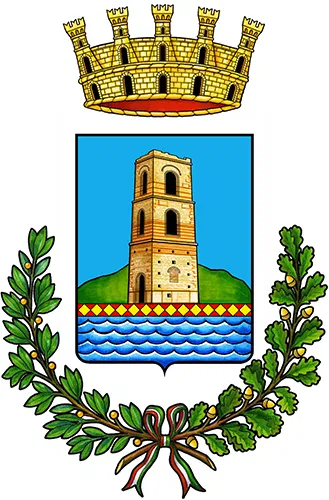
Telese Terme Tourist Information
The Waters
The waters of Telese Terme exhibit a mineralized composition with a concentration ranging between 2000-2500 parts per million (ppm).
They are characterized as acidic, with a pH level of approximately 6.1. Additionally, these waters are hypothermal, maintaining a temperature of around 20 degrees Celsius.
They belong to the sulphureous, bicarbonate-calcic type and are consistently saturated or supersaturated in calcite.
The chemical analysis of the waters highlights a significant presence of carbon dioxide (CO2).
These unique properties contribute to the therapeutic benefits of the waters, particularly in the context of balneotherapy at the thermal spa of Telese Terme.
Springs
Earliest known use
Pre-Roman
Hottest Spring
20ºC
Chemical Elements
Sulphur
CO2

